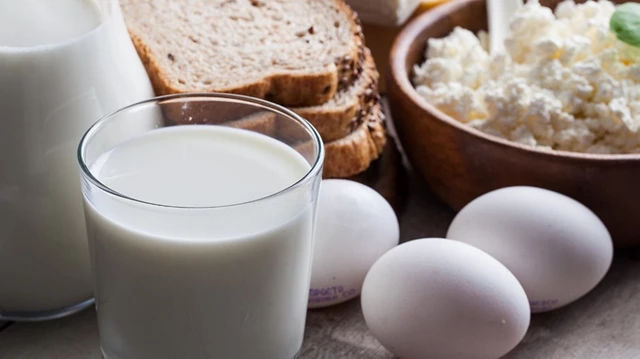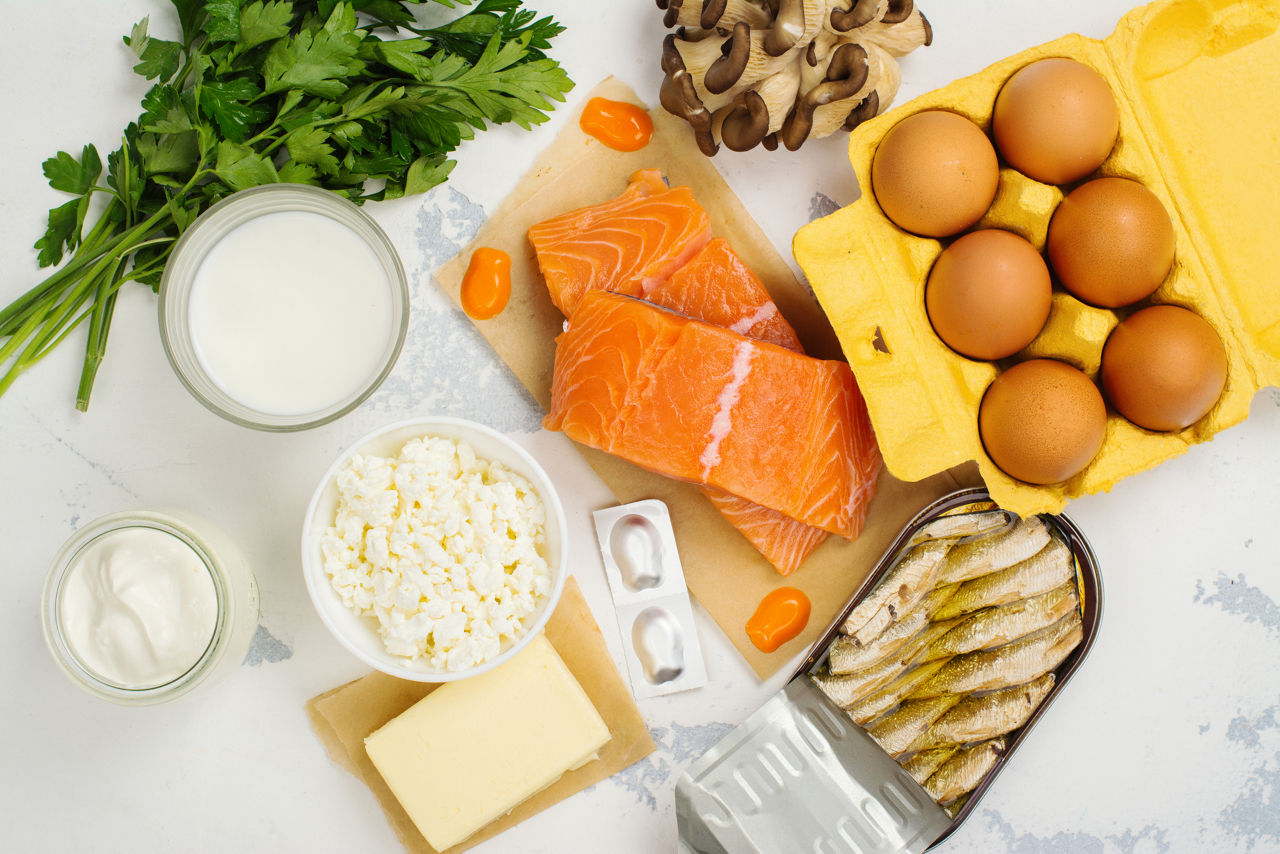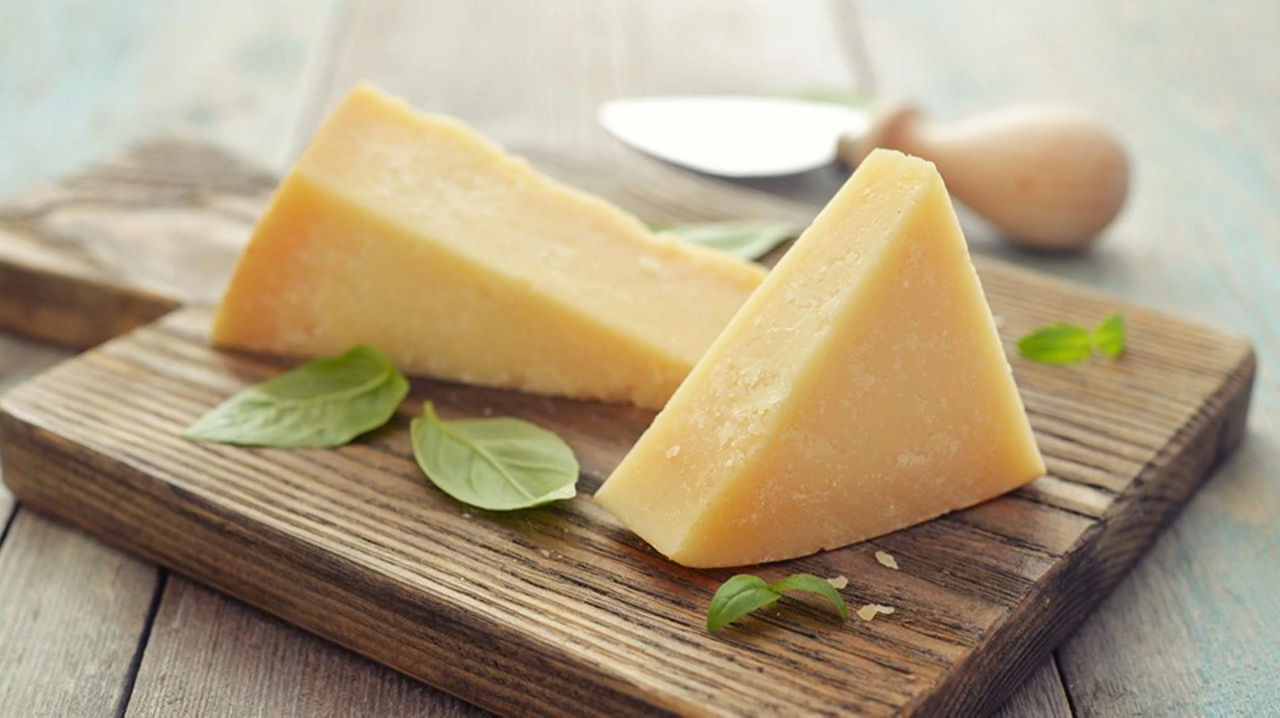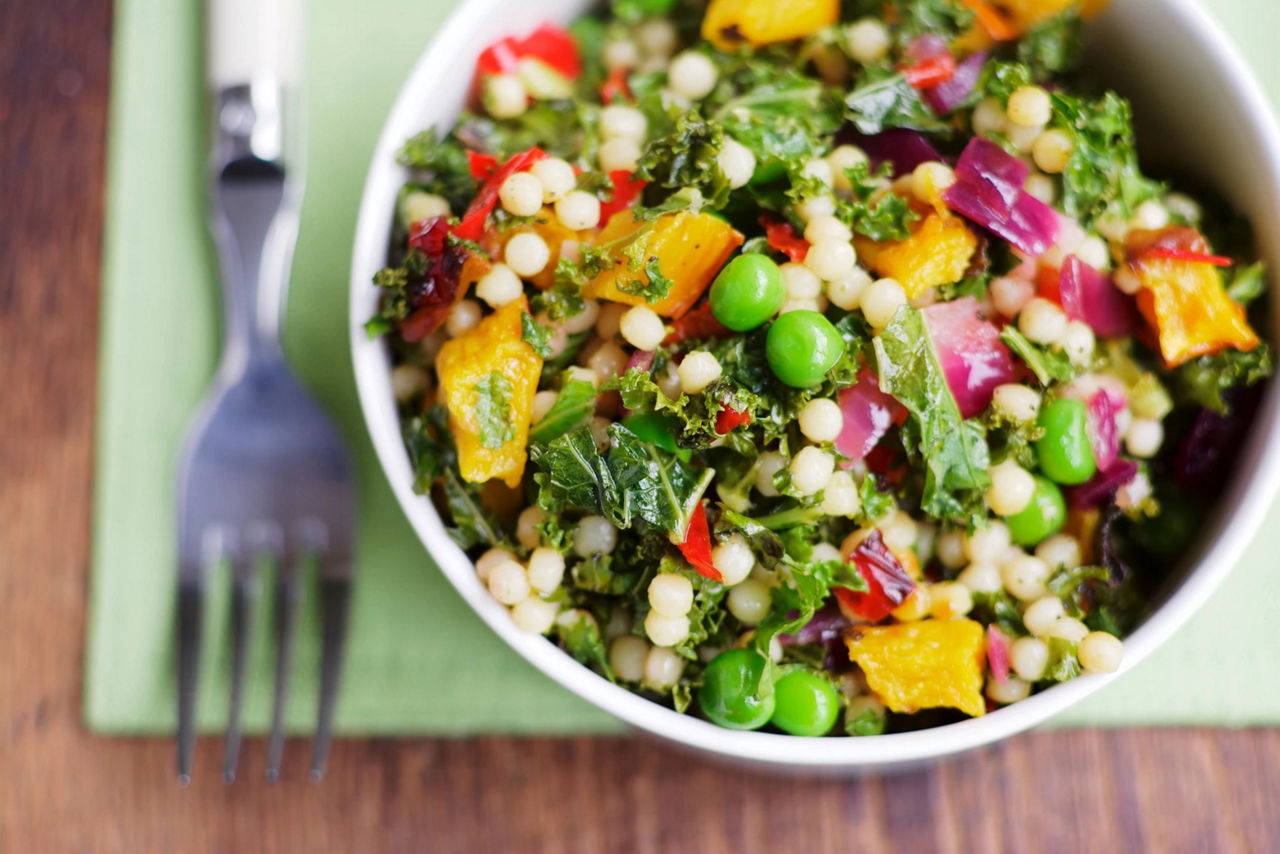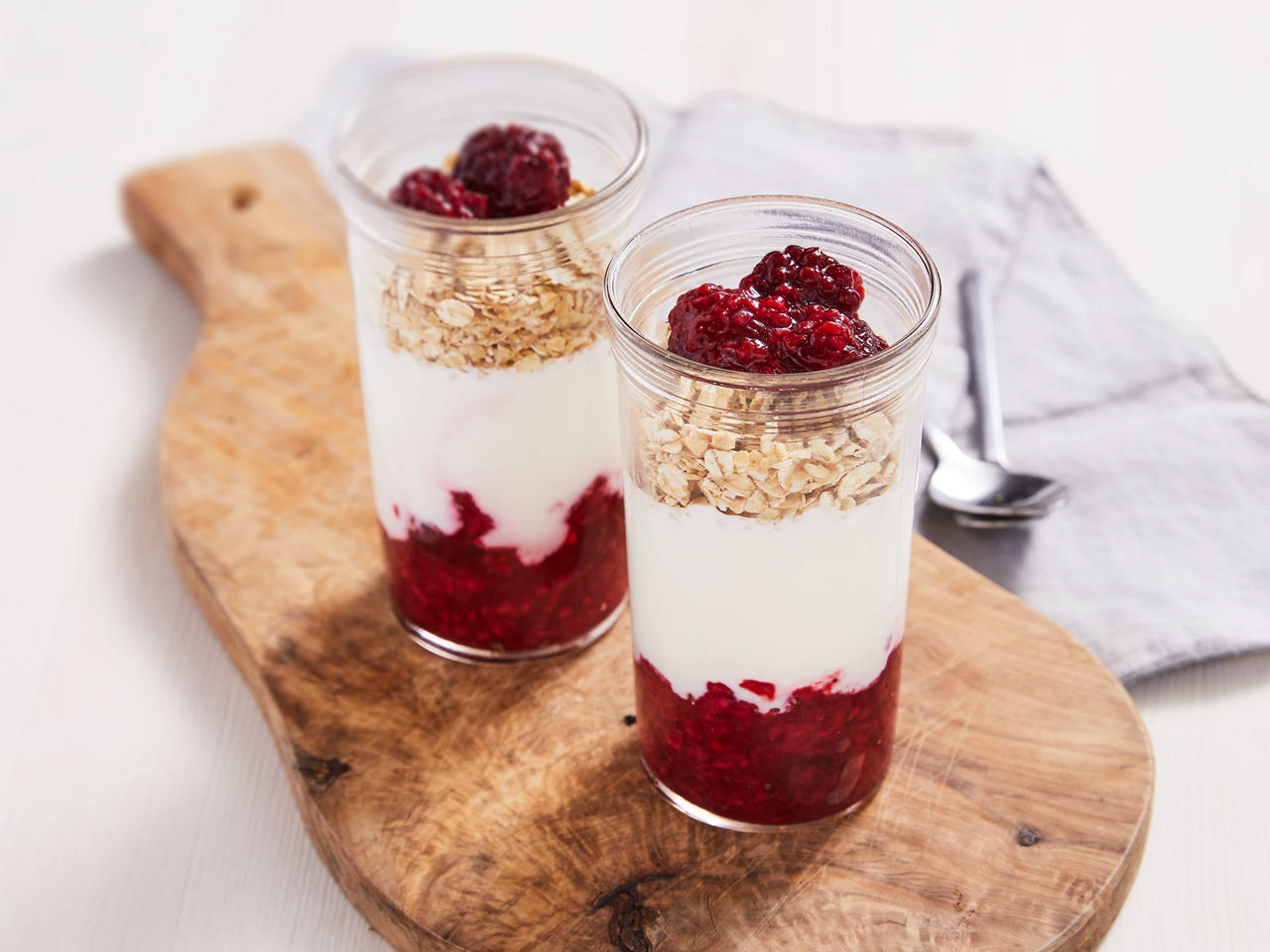Most of the calcium in your body can be found in the bones. The rest is found in our bodily fluids and soft tissue. A fun fact about calcium is that at birth, around 80% of the calcium present in your baby’s bones will have been there since the third trimester2.
Calcium is one of the most essential nutrients for a healthy pregnancy as it helps to build your baby’s teeth and bones3. Additionally, calcium ensures that muscles, including your baby’s heart, contract properly. It also helps your blood to clot properly it plays a crucial role in the clotting of blood3. Beyond this, calcium is vital for yours and your baby's digestion, the normal function of the nervous system, and for supporting the numerous cells and tissues in the body2.
Some studies have even shown that pregnant women who have an adequate intake of calcium during pregnancy may have a reduced risk of pregnancy complications such as pre-eclampsia and of their baby being born prematurely4.
If you happen to suffer with high blood pressure (hypertension) during your pregnancy, or if you experience preeclampsia, your doctor may prescribe calcium channel blockers4. These reduce your blood pressure by reducing the amount of calcium that flows to your heart and blood vessels, allowing them to receive more oxygenated blood5.
